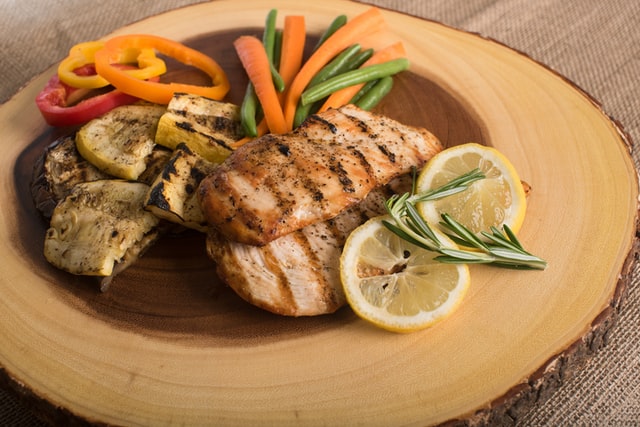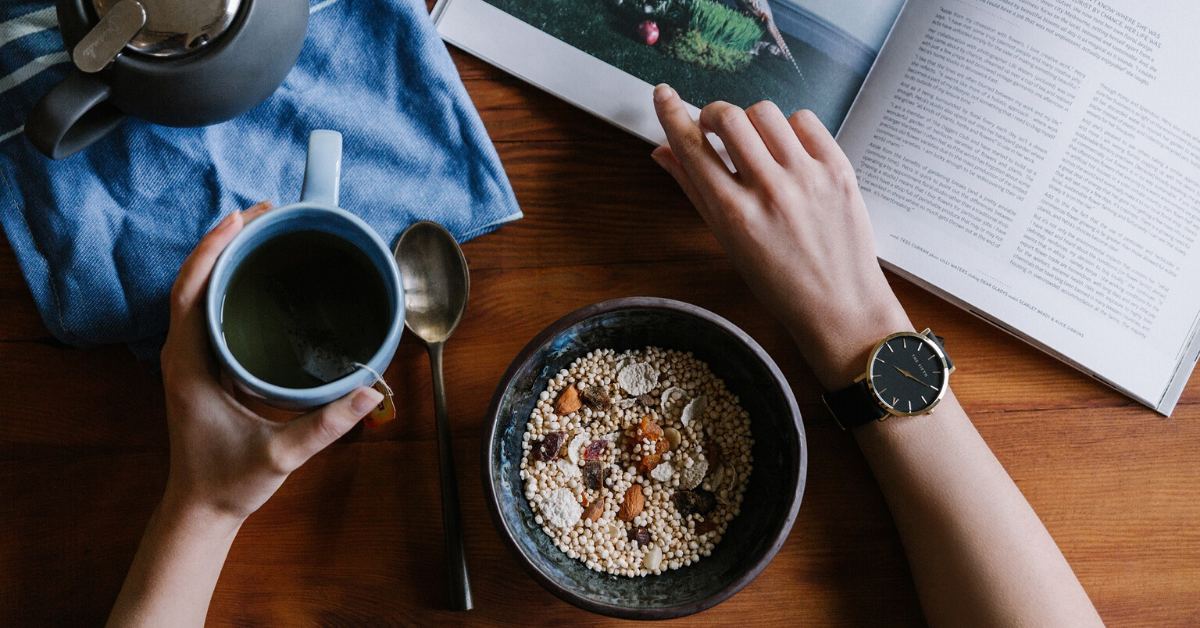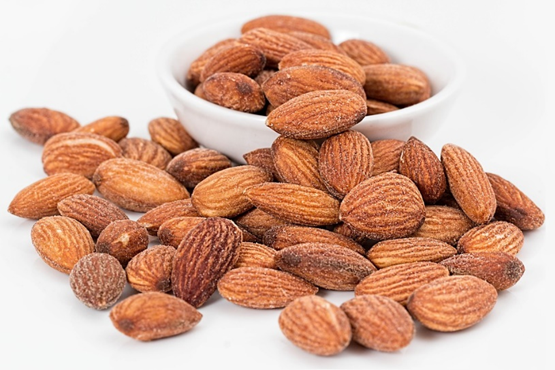Serving as the main control center for your body, your brain is an organ that should always be taken care of. If your brain health is poor, it’s likely that the health of your entire body is poor, too. Memory is also an important function of everyday life, helping you to stick to a certain routine and memorize important information and heart-warming past events. Did you know that you can improve brain function and memory retention just by improving your diet? We go over some changes you can make to your diet to improve brain function and memory power!
Broccoli
Broccoli has a long list of health benefits, containing large amounts of vitamins and healthy minerals. Specifically, healthy levels of vitamin K are found. Vitamin K assists in forming sphingolipids, a kind of fat that is packed into most brain cells. Several studies have found that older adults with a diet rich in vitamin K have better memory and higher cognitive functions.
Walnuts
It’s a good idea to incorporate nuts into your diet, as they hold many health benefits and have been proven to boost memory power! Nuts are generous sources of healthy fats and proteins, and walnuts in particular have high levels of an omega-3 fatty acid known as alpha-linolenic acid, or ALA. ALA has been proven to help maintain clean arteries and lower blood pressure. Heart health is always a bonus! Studies have also shown that walnut consumption is linked to higher scores on cognitive tests.
Pumpkin seeds
Packed with powerful antioxidants, pumpkin seeds are a delicious snack that also contain a set of vitamins and nutrients for brain function. These seeds are known to be an excellent source of magnesium, iron, zinc, and copper. In relation to brain function, copper is needed for health nerve signaling, zinc may help prevent depression and Alzheimer’s disease, magnesium supports learning and memory, and iron deficiency is linked to impaired brain functions and going through your day in a “fog”.
Dark chocolate
Dark chocolate is probably best known for its heart-helping characteristics, but did you know that it also has brain benefits? With a higher concentration of cocoa, dark chocolate contains more flavonoids (antioxidant plant compounds), which gather in the brain to increase memory and assist in learning. Other than memory, chocolate has also found to be a proven mood booster and can lower the risk of depression.
Simple changes to your diet, as well as incorporating more helpful foods into your day, can help increase brain health and improve memory and overall cognitive function. Stay on the right path and you’ll thank yourself later!
Dr. Barbara R. Edwards, a Princeton MD is the Academic Director for the Ambulatory Residency Program at Penn Medicine Princeton Health, providing quality care to uninsured and under-insured New Jersey residents in Mercer and Middlesex counties.





